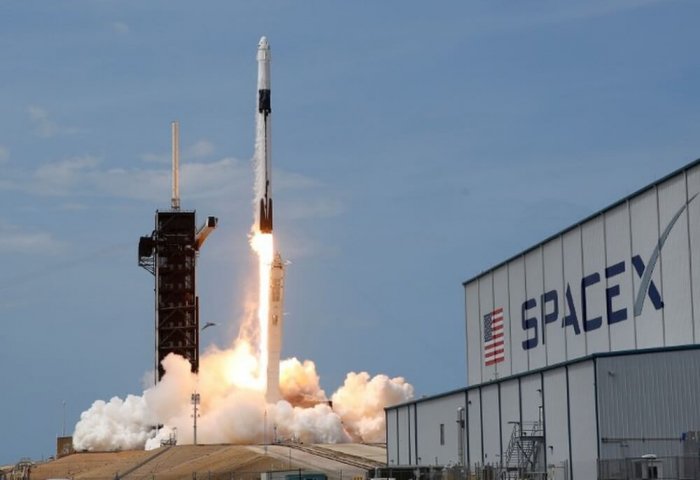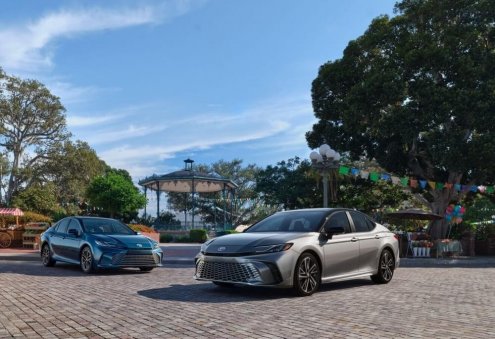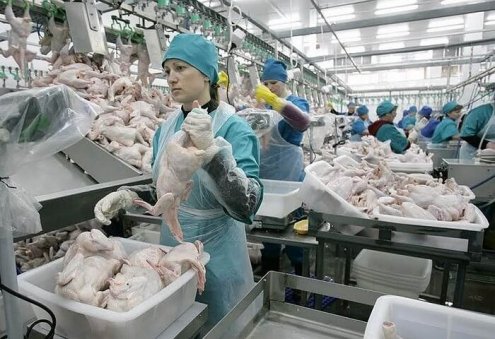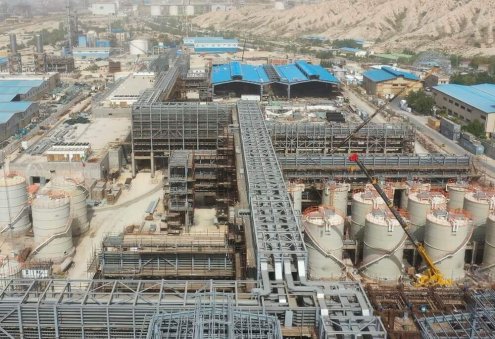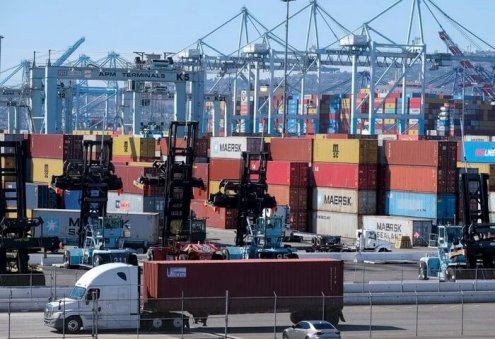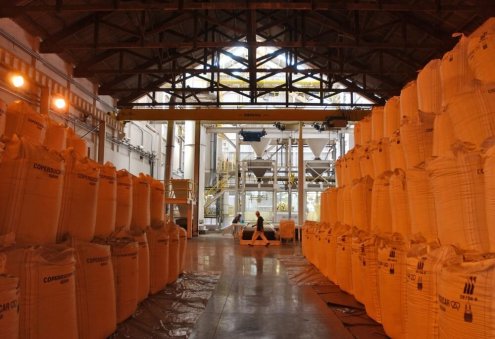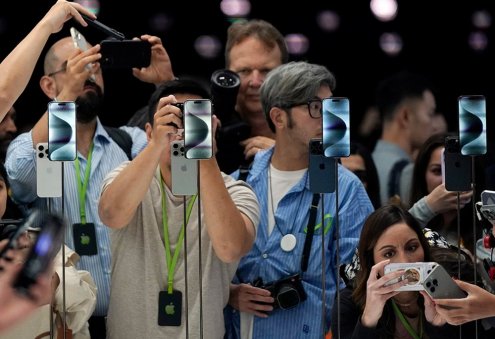Two NASA astronauts boarded the International Space Station from a SpaceX capsule on Sunday, marking the first time humans have traveled to orbit on a commercially developed craft.
According to the NASA’s Sunday press release, Robert Behnken and Douglas Hurley, the first astronauts to fly SpaceX’s Crew Dragon to the station, were welcomed as crew members of Expedition 63 by fellow NASA astronaut Chris Cassidy and two Russian cosmonauts Anatoly Ivanishin and Ivan Vagner.
The docking followed the first successful launch of Crew Dragon with astronauts on a SpaceX Falcon 9 rocket on Saturday from NASA’s Kennedy Space Center in Florida, the same launch center used for the Apollo 11 Moon landing mission. The main rocket booster flew back to Earth and stuck the landing on a drone ship
The milestone flight is the first time American astronauts have flown from U.S. soil since the space shuttle program ended in 2011. The achievement comes 18 years after Elon Musk founded Space Exploration Technologies Corp., according to Bloomberg news agency.
Since 2011, NASA hitched rides on Russian spaceships to travel to the ISS, for which it paid tens of millions of dollars for every trip. The new option is expected to be cheaper than that.
The U.S. President Donald Trump and Vice President Mike Pence were among those who gathered with Musk to watch the space launch. Trump spoke with the two astronauts prior to the launch.
The flight, known as Demo-2, is the final major test of SpaceX’s human spaceflight system before the National Aeronautics and Space Administration certifies it to fly working missions to the space station. Boeing Co. is also preparing to fly people to the ISS as part of the same Commercial Crew program at NASA.

